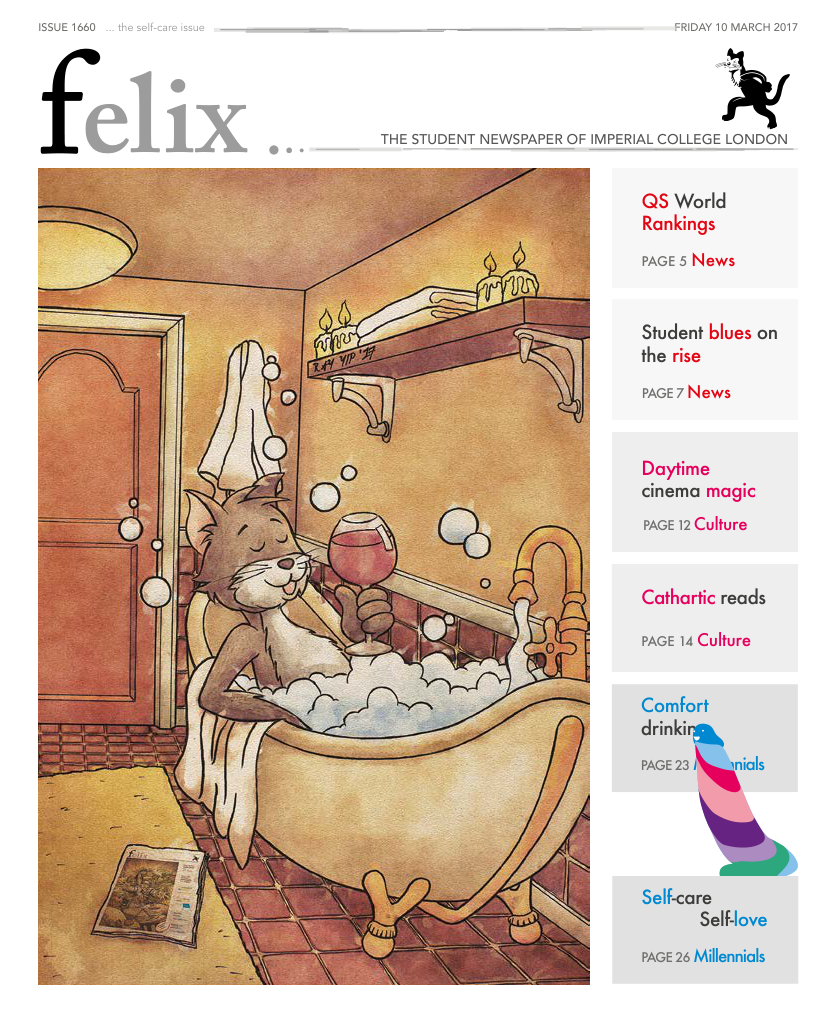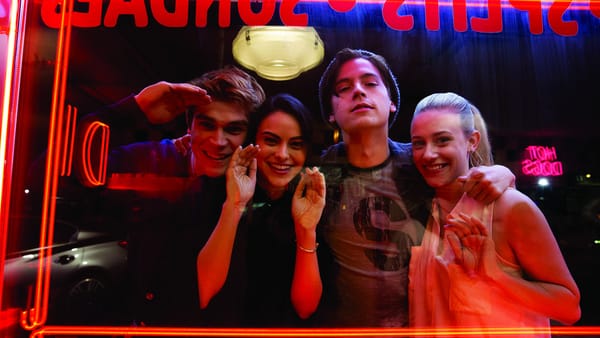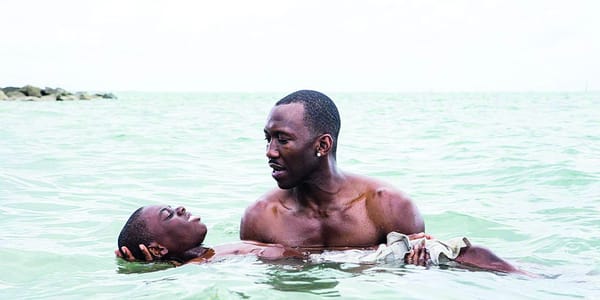The best picks for some cinematic self-care
Fred Fyles recommends the best films for some indulgent viewing. From New York-based comedies, to Cantonese stories of unrequited love, these four films should leave anyone feeling a bit better after a couple of hours. So go on – treat yo’self!
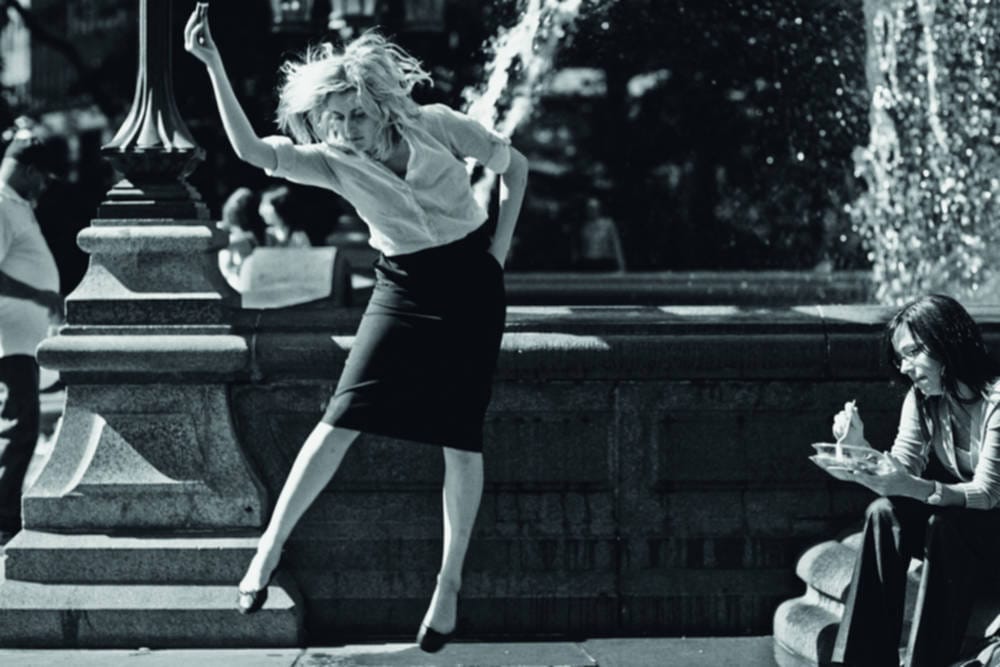
Frances Ha (2012)
If there’s one scene that encompasses the exuberant joie-de-vivre present in Noah Baumbach’s Frances Ha, it’s the titular character – played brilliantly by Greta Gerwig, who also co-wrote the screenplay – running and dancing along a Manhattan street to David Bowie’s ‘Modern Love’. Any film that features Gerwig dancing is ripe for self-care – see the recently-released 20th Century Women – but Frances Ha manages to balance a sense of wonder with the grim reality of adulthood. Gerwig plays Frances, a contemporary dancer who is unable to make her passion into a paying career, and whose relationship with best friend Sophie is strained. When Sophie moves out of the apartment they share, it is the catalyst for a series of house-swaps for Frances, and signals the beginning of a new part of their friendship. Certain scenes stick in my mind, such as Frances trying to find a ‘new Sophie’ and making them play-fight in Central Park, but what makes Frances Ha so enjoyable and watchable is Baumbach’s ability to temper Gerwig’s innate sweetness and prevent it from becoming cloying.
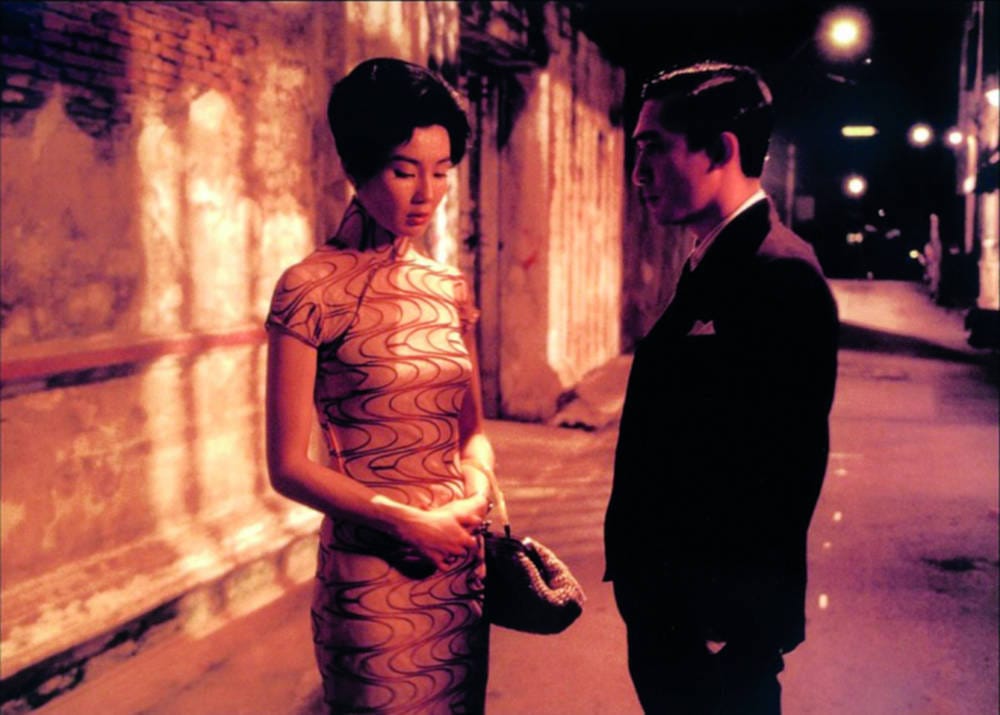
In the Mood for Love (2000)
As we all learnt from Don Draper in the Season One finale of Mad Men, nostalgia ‘literally means “the pain from an old wound”’. It doesn’t quite, but no matter. What marks nostalgia off from other painful emotions, is the sense of enjoyment that we derive from it; while we might mourn for what has come before, we can still enjoy our memories of it. Nostalgia is the emotion that is at the heart of Wong-Kar Wai’s masterpiece In the Mood for Love, which is suffused with the heady aroma of the past. Exploring the platonic relationship between a man and a woman living in Hong Kong in the 1960s, everything about the film is designed to conjure up memories and emotions, from the stirring string theme to the beautiful cheongsam that Maggie Cheung’s character wears. Even the film’s original Chinese title, “The Age of Blossoms” has a double meaning, referring to fleeting beauty and love. Watch this film, and allow yourself to revel in nostalgic melancholy.
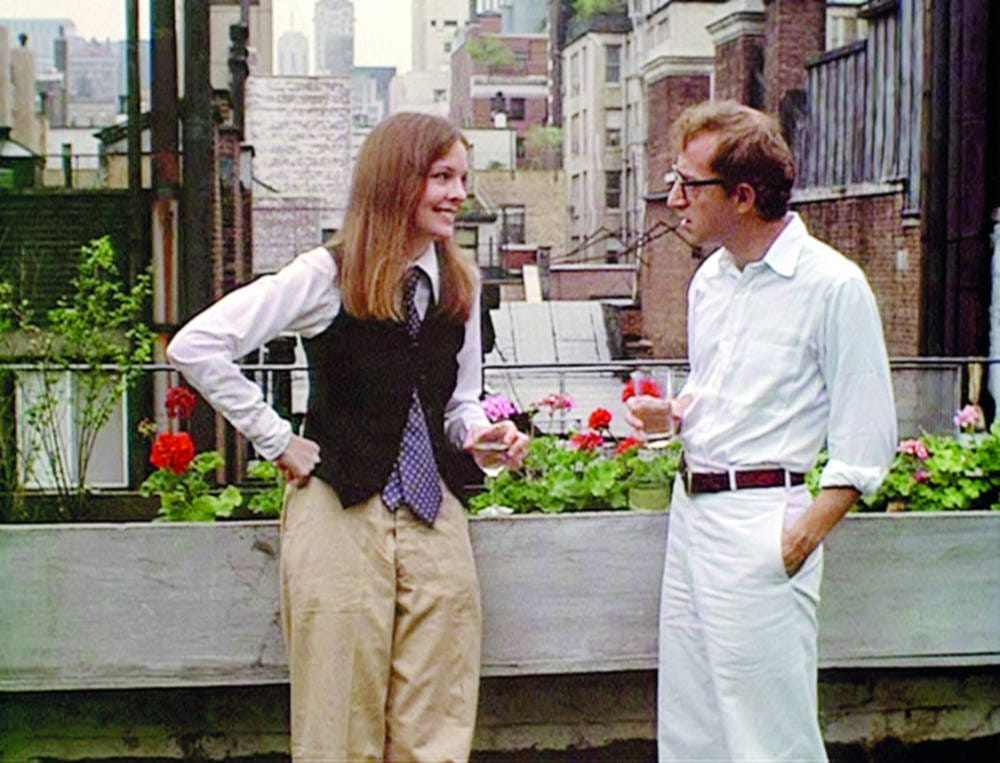
Annie Hall (1977)
While Annie Hall might not be the best of Woody Allen’s extensive filmography – I’d argue that that honour should go to Manhattan – nothing can cheer me up quite like watching Diane Keaton absolutely steal every scene she’s in. Keaton plays Annie Hall, while Allen plays Alvie Singer, and the film explores the formation of their relationship, and their subsequent break-up. Allen is known for his off-beat humour, but Annie Hall delivers up one of his most complex screenplays, with individual gags – whose subject matter ranges from growing up in Coney Island to the work of Marshall McLuhan – coming together to form an intricate whole. Annie Hall is a love letter to New York City, to comedy, but most of all, to Keaton, whose presence is a luminous beacon throughout.
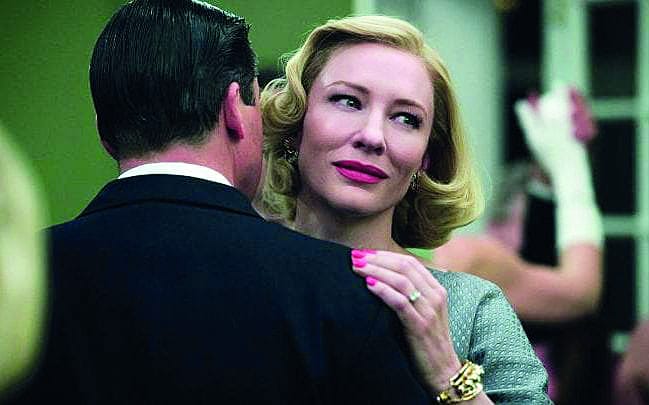
Carol (2015)
It is impossible for me to watch Carol – Todd Haynes’ story of two women falling in love in the 1950s – without a huge smile on my face. The film is ground-breaking in the fact that it allows its two leads – Carol Aird (Cate Blanchett) and Therese Belivet (Rooney Mara) – to have a happy ending, but more than that, Haynes and scriptwriter Phyllis Nagy have created a love story that really makes you root for the characters involved. Beginning in media res, we know that Carol and Therese will find each other, and this knowledge imparts significance to every glance, gesture, and touch between the two. More than a simple love story, Carol tells the tale of two people trying to bridge the gap that society has placed between them, and takes us along for the ride.


